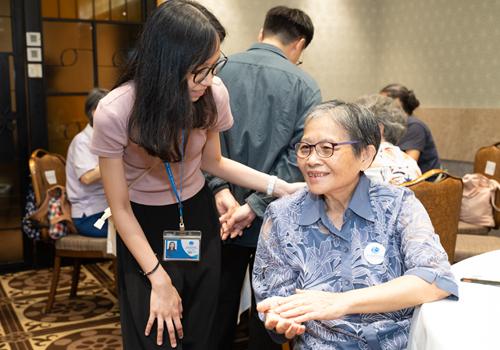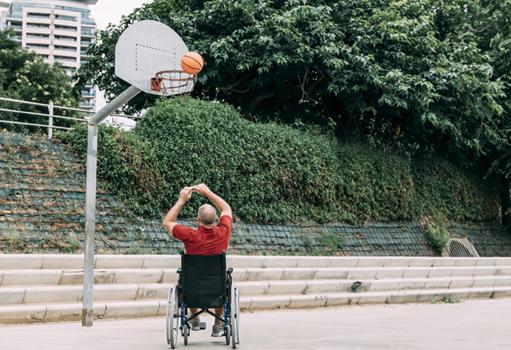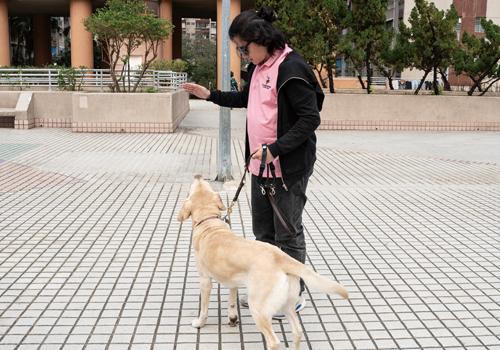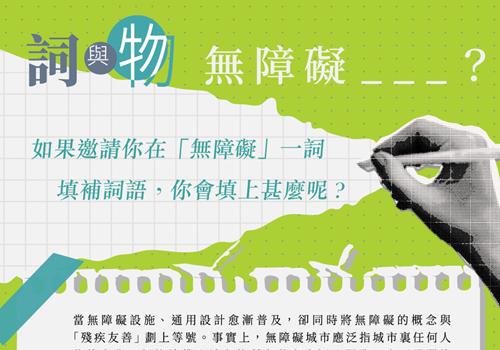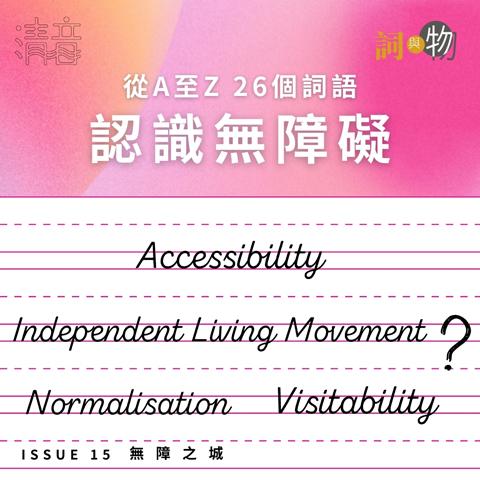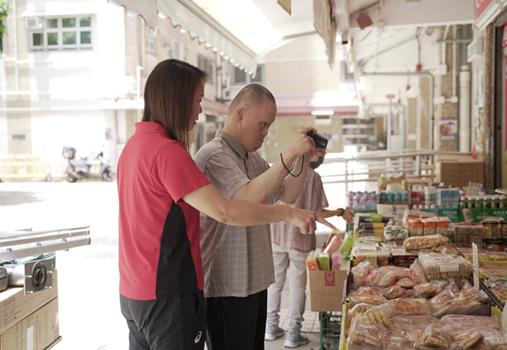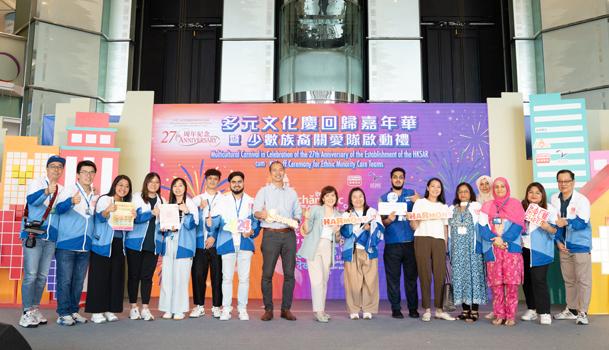2024 Issue 015
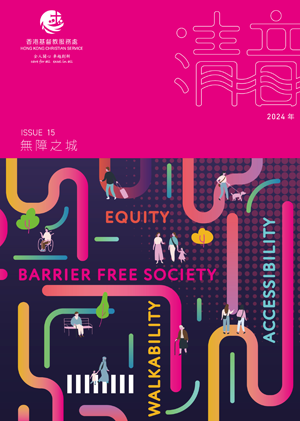
In recent years, the concept of a "barrier-free / accessible environment" has gained widespread attention. The term is used extensively in various contexts, such as "barrier-free access", "digital accessibility", "information accessibility", "accessible smart home", and even "accessible rice cooker". Different banks have recently advertised barrier-free banking services and facilities for needy people to improve their image. While these products, facilities, services, and policies seem currently right on trend, have we thoroughly explored the concept of accessibility? Initially, social accessibility protected human rights, but as accessibility becomes more versatile, would it become a mere marketing label? It's time for us to rethink whether we've gone off track.
So how do we change? Or have we imagined how this city could change?
One of the chapters in this issue of CS Voice discusses Hong Kong's walkability, encouraging readers to walk and observe more as a way of reflecting on their relationship with the city. It is believed that learning from walking can help us reflect and unveil invisible systematic barriers, making the city accessible to all.





